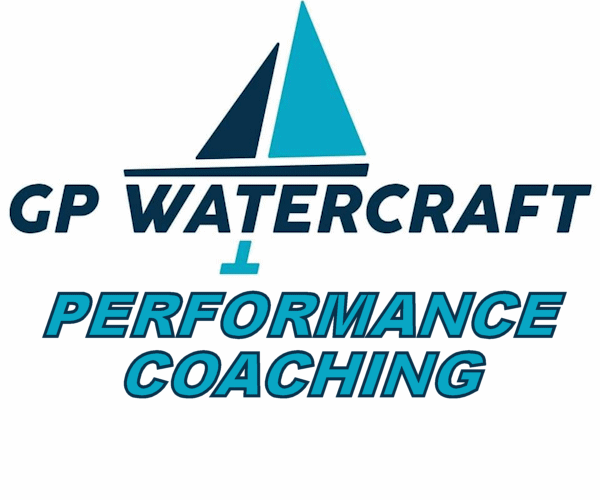
RS Feva NZ Nationals earns Platinum level Clean Certification
by Sailorsforthesea 20 Jan 2021 10:09 GMT
20 January 2021

RS Feva 2020 NZ National Championship, Wakatere Boating Club - December 13, 2020 © Richard Gladwell / Sail-World.com
2020 was a challenging year for events all around the world, with many regattas cancelled or postponed to future dates. New Zealand’s relatively remote location and strict lockdown-guidelines set in place at the beginning of the pandemic have allowed sailing in the country to resume, just as summer began in the Southern Hemisphere.
The 2020 Sailcraft RS Feva National Championships hosted by the Wakatere Boating Club was a much-needed bright spot at the end of an all-around tough year for dinghy regattas.
Experienced Clean Regatta Organizer and environmental champion, Delayne Salthouse, spearheaded the sustainability efforts for the event.
With the support of her Green Team, they achieved all 20 Best Practices outlined in Sailors for the Sea’s Clean Regattas program.
Over the past two years, Delayne says the Wakatere Boating Club has “actively worked with the local sailing community and yachting federations to promote and encourage other clubs use the Clean Regattas program to create change and awareness for the coastline and ocean waters we all love.”
The 2020 Sailcraft RS Feva National Championships was the only event in 2020 that was able to earn the prestigious Platinum Level award, and some of their extraordinary efforts are worth sharing. Initiatives which helped this regatta to gain Clean Regatta status include:
5. Publicizing Sustainability Efforts
The Wakatere Boating Club understands how to make sure the world knows that they are focused on protecting the waters they sail on and that the event is a Clean Regatta. Their communications were engaging across multiple channels – from social media to their website to race documents for competitors.
4. Providing Innovative and Thoughtful Culinary Options
The event featured edible sugar cane straws, worked with a local pizza company to offer 1.5-meter-long pizzas, many vegetarian, significantly reducing packaging and composting the cardboard boxes afterwards. They also collaborated with their local cafe to provide club members and guests with branded reusable mugs that could be used when ordering a beverage and returned to the club for reuse.
3. Acting on Behalf of the Local Environment
With Auckland being in a water crisis, Wakatere adjusted the method for washing boats to include low-flow nozzles on the hoses and only using water for short periods of time. They also provided a large barrel of water for engine flushing, saving water and limiting any oil deposits that came out during the process. The barrel water was properly disposed after the event. Additionally, they partnered with a local company, Goodbye Ouch, that makes reef safe, all-natural sunblock, providing all sailors a free metal tin to try. Finally, Wakatere took the time to inform sailors about the local wildlife. The Rear Commodore spoke of the Leopard Seal named “Owha”, who is the longest documented resident leopard seal worldwide, as well as the pod of orcas that frequent the waters. They provided information about groups working to protect these kinds of wildlife and discussed how individuals can reduce their impact on the environment while out sailing.
2. Getting Waste Sorting Right
In addition to making every effort to ensure as little waste was sent to the landfill as possible, Wakatere also posted informative signs that made sorting waste understandable to attendees by listing items specific to the event above each bin. There were also signs posted that explained how long different items persist in the water, and stickers on the mugs that highlighted the reusable coffee cup system.
1. Being a Role Model for the Community
Wakatere seeks to involve local organizations and companies whenever they can, as made clear in their efforts above. Additionally, they have instilled a club mindset, where all their members are a part of the Green Team. They have found success in having quick conversations with competitors from visiting clubs, explaining why, for example, a food bowl is compostable. They worked with a local group, called the Clean Up Crew, to do a beach clean during the event and invited the local community to join in as well. Their Race Officer led by example to show that a beach clean is not just a kids’ activity. Since the boat club shares a beach with the greater Auckland community, the bus stop at the beach is sometimes overflowing with waste. To make sure the trash does not reach the water, this area was included in their clean-up efforts as well. The Wakatere Boating Club has their sights set on instilling a “leave nothing behind” philosophy to beachgoers, inspiring behaviour change for the greater community.

